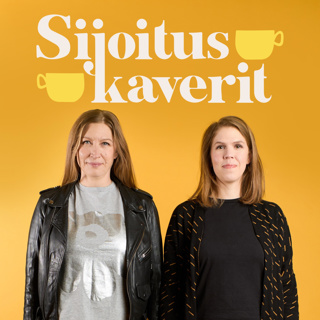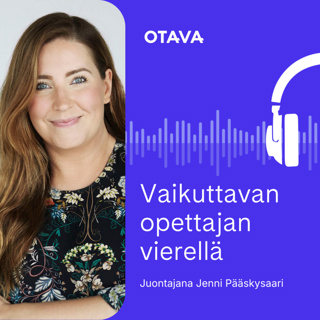
122: Why Candidates Fail Profit Cases
Most candidates would tackle a McKinsey profitability case by presenting a revenue-cost framework and offer options to lower costs and increase revenue. The reality is that such a framework and explanation shows a deep misunderstanding of business and business strategy. In this podcast, we present the correct way to understand profitability cases which require candidates to understand the growth and cost of growth needs of shareholders. This logic never fails to impress interviewers.
7 Maalis 20134min

121: Six Priorities for Case Interviews
This podcast provides a simple set of priority areas that a novice aspiring consultant should focus upon in the building up to the MBA full-time September interviews. It ties together themes from existing podcasts but presents them in the format of a case interview preparation roadmap.
1 Maalis 20139min

120: Brainstorming With Definitions
Brainstorming is very difficult and a crucial skill to have when solving cases, especially with McKinsey where the interviewer will constantly ask you to probe and brainstorm different areas of the case. This podcast examines the initial parts of the brainstorming structure. Since brainstorming happens in such a rapid-fire format and appears unstructured, the speed at which it is done creates the illusion it lacks structures. Yet, it does have structure, but is merely done very quickly in the candidate's mind. This podcast will teach candidates how to generate a structure/definition that can be used to guide the development of options or paths in the brainstorm.
23 Helmi 20134min

119: Capturing And Using Feedback Correctly
Candidates good through a lot of trouble finding practice partners and reaching out to current and former consultants. We do, however, find that despite all of this effort, they tend to be very weak at the manner in which they capture valuable lessons. There is far too little planning and it is largely a trial and error process. They reach out to 10 people hoping that at least 3 will provide great feedback and possibly 7 will provide some feedback. We find the best candidates have a list of items that they want assessed in the practice session and this rolling list is continuously being updated after every session.
17 Helmi 20134min

118: Math and Estimation Case Guidelines
In this podcast we examine the performance of our clients to isolate best practices you can use in your own math calculations in cases. The best practices focus heavily on the types of math calculations where the candidate must structure an analyses approach, estimation cases, and is then either given data or must make assumptions to arrive at a final answer.
11 Helmi 20135min

117: Giving Interviewers Benefit of the Doubt
This podcast is about the importance of you, the candidate, never ever giving the interviewer the benefit of the doubt, why this is vital, how to do this in a case and the improvement it will immediately deliver. The main value of adopting this mindset is that you tend to explain everything to the interviewer because you assume he is not aware of all the answers. If you enter an interview, assuming the interview is "perfect" you will tend to make assumptions which hurt your chances and damage your image.
5 Helmi 20138min

116: Confidence and Content Traps in Case Interviews
This podcast is about the impact of confidence on cases and the importance of avoiding the content trap. We use simple ratios to explain why you need to be confident and how the content-trap sinks many candidates. The content trap occurs when a candidate tends to have poor knowledge of the first principles of cases and rather relies on completing as many cases as possible in the hopes of memorizing all possible frameworks. This is a losing strategy since they are not learning how to solve cases.
30 Tammi 201310min

115: Important Case Interview Elements to Consider
Analyzing customers, competitors and the market: 3 areas which must always be considered in cases, even when it is not clear why. In essence, all businesses exist to serve customers. A business cannot exist without customers and to understand demand you must understand customers. The ability to meet demand is impacted by competitors/substitutes and market barriers like legislation, inflation etc. Therefore, these three areas must be analyzed in cases where demand may be an issue.
24 Tammi 20139min





















